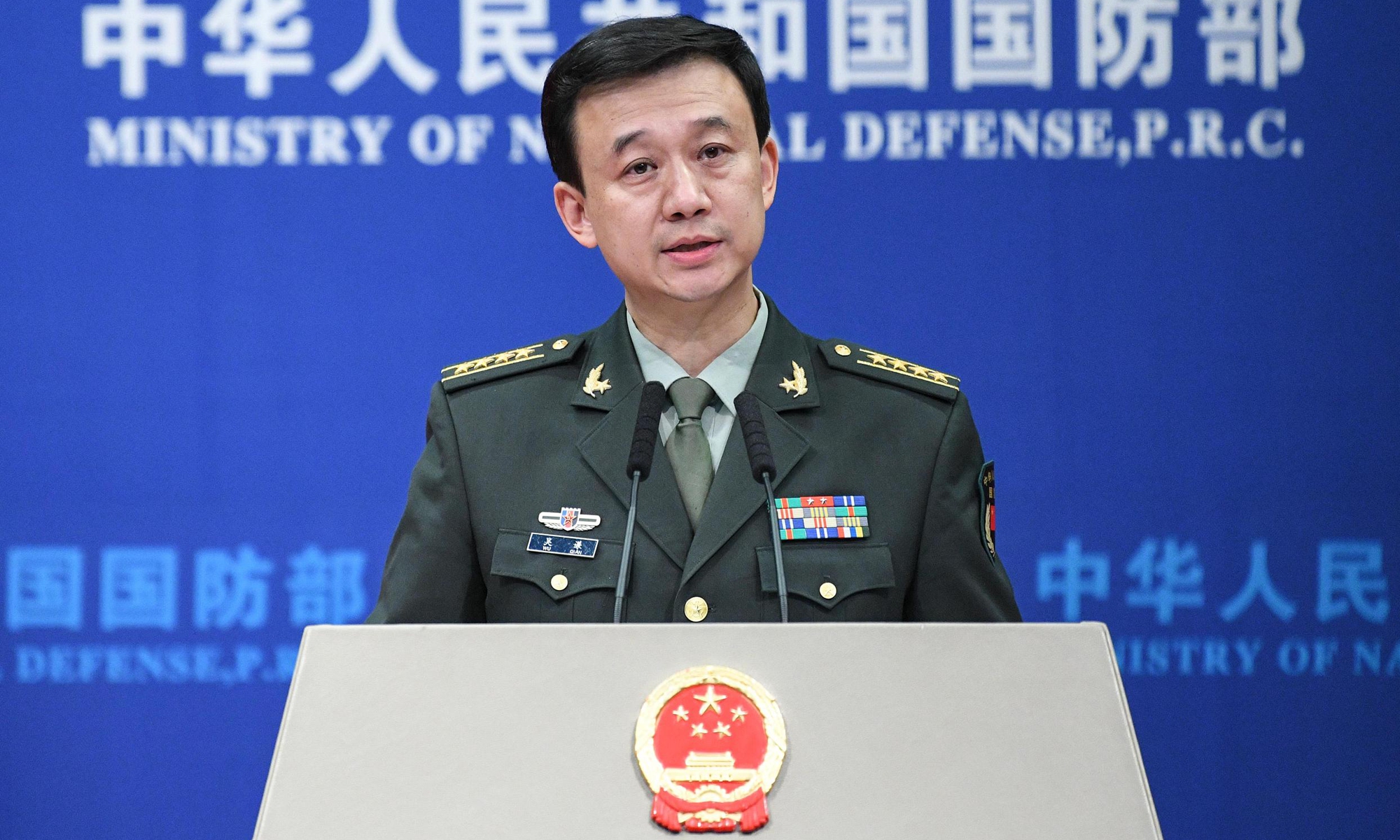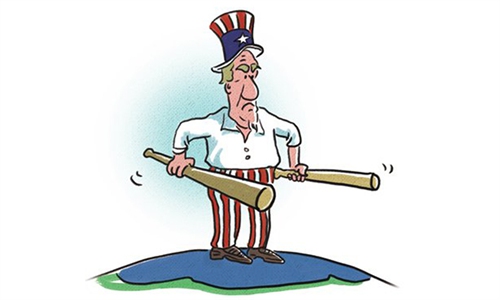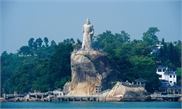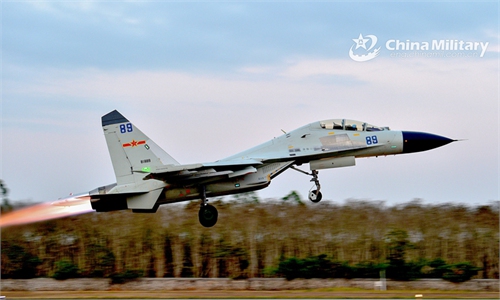
Defense Ministry spokesperson Wu Qian. Photo: VCG
During the ongoing two sessions, China's most important annual political event, the Chinese mainland released a clear signal to actively promote reunification with the island of Taiwan, and experts from both the mainland and Taiwan said that the peaceful reunification needs the efforts from both sides of the Taiwan Straits, but due to Taiwan secessionists and US interference, the mainland would have no choice, and must push the process with non-peaceful efforts, including a military one.
A new legislation for national reunification in the mainland is necessary in the future, and the country needs to be prepared for the legislation once the time comes, said experts and a member of the National Committee of Chinese People's Political Consultative Conference (CPPCC), China's top political advisory body.
Wu Qian, spokesperson of the People's Liberation Army (PLA) and People's Armed Police Force delegation to this year's two sessions, said on Sunday that the mainland is willing to strive for peaceful cross-Straits reunification with the utmost sincerity and best efforts, but will never promise to abandon the use of force, and reserves the option of taking all necessary measures targeting interference from external forces and the "Taiwan independence" separatists.
To reserve the right of using force only targets foreign intervention and the very small group of secessionists on the island, Wu said, stressing that the Democratic Progressive Party authorities in Taiwan are relying on foreign forces to seek secessionism and against reunification by force.
The mainland is consistent with its policies toward Taiwan, as seen from this year's Government Work Report delivered by Premier Li Keqiang on Friday. However, some changes in the wording in the highly anticipated annual report, tougher compared with last year's, were seen as reflecting possible policy adjustments.
The expression promoting "China's reunification" appeared for the second year in a row, since the 2020 two sessions. In 2019, the expression was "China's peaceful reunification." Many observers have noticed that the word "peaceful" disappeared, but the 2021 report still said "promoting peaceful growth of relations across the Taiwan Straits."
Chinese State Councilor and Foreign Minister Wang Yi also sent a warning signal on the Taiwan question to the US on Sunday.
The latest official remarks during the two sessions have shown that the mainland is fully aware of the rising risks and seriousness of Taiwan secessionism and the tougher statement means that the mainland has the confidence and determination to realize the reunification eventually whether by force or peaceful means, with or without the efforts within the island, experts said.
Ling Yu-shih, a member of National Committee of the CPPCC who was born in Taiwan and moved to Hong Kong at 16, said this change of expression has been made before the two sessions this year, which shows a more accurate judgment on the international situation and the status quo of the Taiwan Straits.
Huang Chih-hsien, a TV commentator from Taiwan and an expert on cross-Straits ties, told the Global Times on Monday that Taiwan's public opinion has been manipulated and many people have been brainwashed due to increasing US interference and the DPP authority's secessionist propaganda.
Before the reunification, the island is unlikely to show goodwill toward the mainland, nor will it push the reunification together with the mainland. This means the mainland has to pay its own efforts to push the reunification, she said.
The mainland needs to use both economic and military pressure, and to prove its determination to the island, since many secessionists don't believe the mainland dares to reunify the island at all costs, Huang noted.
Li Xiaobing, an expert on Hong Kong, Macao and Taiwan studies at Nankai University in Tianjin, told the Global Times that the Chinese mainland can push the reunification in multiple ways. Apart from military and economic pressure, it can still make legal efforts to improve the legislation, to supplement and detail the Anti-Secession Law or make a new law for national reunification.
An expert on Taiwan affairs who asked not to be named told the Global Times that at this stage, relevant scholars and lawmakers are discussing a new legislation for national reunification, and this is a necessary legal step, but it's still too early to open such legislation.
Ling, a member of National Committee of the CPPCC, said that the legislation for national reunification could help the people within the island better understand what they will get and what will happen to their lives after the reunification. So the new law is needed, and for the good of the people inside the island, the reunification should be realized as soon as possible.
"But once the legislation is finished, according to this law, we will have a clear timeline and measures for reunification, and comprehensive regulations and a series of arrangements for the post-reunification governance. Since the situation is still changing, the legislation would limit our flexibility. But we have to prepare for it now, so that we can finish the legislation once it's needed," the anonymous expert said.





